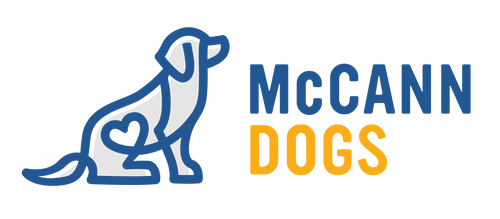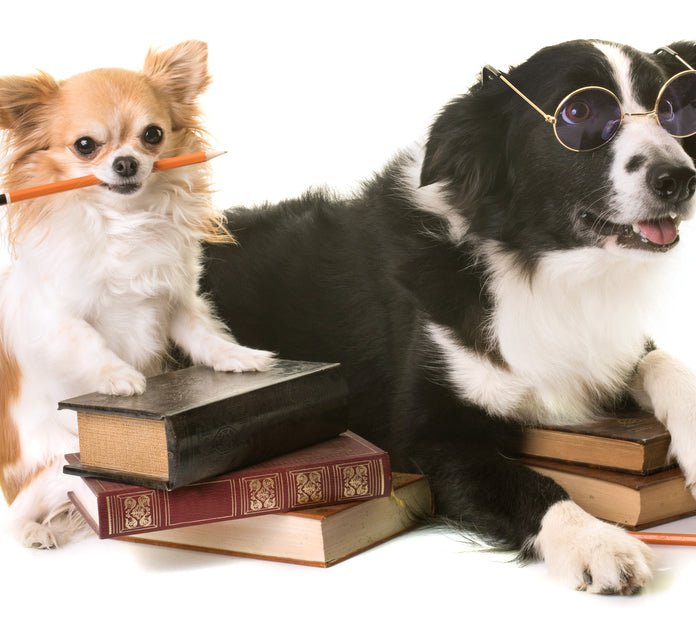![]() Listen to the Podcast
Listen to the Podcast
There are many things involved in raising a great dog. One of the biggest components is management, especially during the puppy phase. Without proper management, things will likely go wrong in a hurry. Today, I want to discuss what management is and how to use it to your advantage to help create the best possible dog!
What is Management?
Training is what you do when you're working with your dog teaching skills like walking on lead or coming when called. We've talked before about 'training mode' and how it is a hoax. Read more about that here. While it is necessary to set aside small chunks of time throughout your day to work with your dog, it is important that training doesn't only occur within these chunks of time. "Training" is an all-of-the-time commitment if you have expectations for your dog to listen outside of those chunks of time.
Truly, training mode is only a piece of the equation. So what do you do the rest of the time? When you can't be in training mode, it's important that the dog is still getting good information. That means being one step ahead of them so they don't get rewards for making poor decisions, like barging out the door, pulling you around the block or chewing your favourite shoes.
This is where management comes into play. How do you properly manage a puppy or a dog in training? Here are some tips!
Tools for Proper Management
Supervision
This is key - puppies and dogs in training need to be under your watchful eye every second they are in a position to make decisions. An unsupervised puppy can find mischief and danger at the drop of a hat. They are constantly moving and exploring, and they need feedback based on their choices. If they make the wrong ones and you're not there to give them feedback, they could hurt themselves or damage items in your home. If they make the right ones and you're not there to give them feedback, they won't learn what good choices are all about either.
Proper supervision is your best management tool. Use it when you can and when you can't, make sure you find a safe alternative to allowing your pup too much freedom before they are ready.
Crate
I'm going to go out on a limb and say that there aren't many tools that are better for management than a dog crate. Dogs are denning creatures by nature and the crate is meant to represent such. If introduced properly, dogs will learn to love their crates as a safe haven.
We couldn't possibly recommend crate training more. The crate is a great 'dog sitter' when you can't supervise. Let's face it, we all have other things in our lives that will take our attention away from the puppy. Taking a shower or the distraction of a phone call can give an unsupervised puppy a chance to get into mischief. When you have to focus on kids or other things in your life, pleasantly crate your puppy so they can't find trouble or potentially hurt themselves in the process.
Know Your Limits
Part of raising a dog who listens as a habit is making sure you set them up to do so throughout the duration of your training. Nothing will teach a young dog how to ignore you faster than allowing them to do just that. Set them up to have success by managing them during training. For example, if your young dog is still in training for their recall, allowing them to be leash free will almost certainly water down your recall. You'll be forced to backtrack in your training and break the bad habit of ignoring you, which will take far more effort than training it right from the onset.
Be honest with yourself about the training efforts you've put into your dog and about their potential responses. If you're getting anything other than your desired response, don't allow them the freedom to make the wrong choices. The problem is the reinforcement value your dog gets when they make a choice that's different than what you'd like. For example, if your dog is allowed freedom in the house before they're ready and they find a delicious snack on the counter, that reward will keep bringing them back over and over again. They'll repeat the behaviour of jumping on the counter if it pays off and you'll have to do far more work to convince them to stay off of the counter than you would have if they'd not gotten reinforced for the wrong thing to begin with.
Don't take management for granted when you're teaching your dog. It's just as important, and some days, more important, than training itself.
As always, Happy Training!

